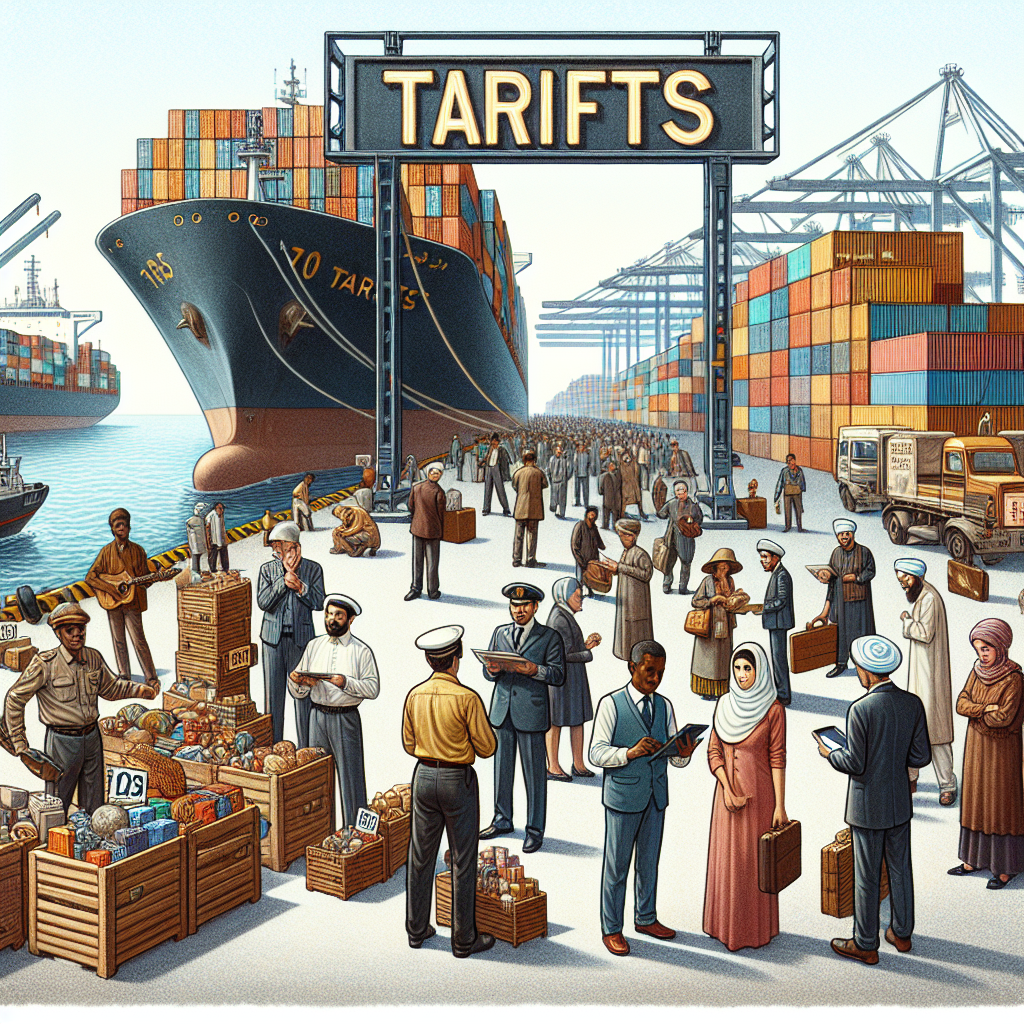EU-China EV Tariff Tensions Mount Amid Global Trade Shifts
The European Union has increased tariffs on Chinese-built electric vehicles, with rates reaching up to 45.3% to counteract unfair subsidies. This move has sparked tensions between Europe and China, with Beijing retaliating and European automakers concerned about market share impacts and potential economic ramifications.

The European Union has escalated trade tensions with China by increasing tariffs on Chinese-built electric vehicles, with rates reaching as high as 45.3%. This significant measure, described as protectionist by Chinese representatives, follows an intense investigation into subsidies provided by Beijing to its electric vehicle sector.
China has reacted sharply, launching investigations into European imports such as brandy and dairy, challenging EU's steps at the World Trade Organization. This move has stirred divisions within Europe, with notable opposition from Germany, Europe's largest economy and a key car producer, which advocates for continued diplomatic negotiations with China.
As tensions rise, the European market is feeling the heat from a surge in low-cost Chinese electric vehicles, with potential impacts on consumer prices and industrial output. Despite these challenges, negotiations continue, aiming to reach a fair trade compromise that addresses both EU's and China's economic strategies.
(With inputs from agencies.)
- READ MORE ON:
- EU
- China
- tariffs
- electric vehicles
- trade tensions
- subsidies
- automakers
- diplomacy
- imports
- economy
ALSO READ
EU Tariffs Intensify the Clash Between Chinese and European Automakers at Paris Car Show
Piyush Goyal Urges Quality Over Subsidies for Global Market Success
Russia's Temporary Ban on Kazakh Grain: Trade Tensions or Strategic Leverage?
UNDP Calls for Phasing Out Harmful Subsidies to Combat Biodiversity Loss Amid $700 Billion Financing Gap
Chancellor Scholz Urges German Automakers to Embrace Chinese Competition Amid EV Tariff Dispute










